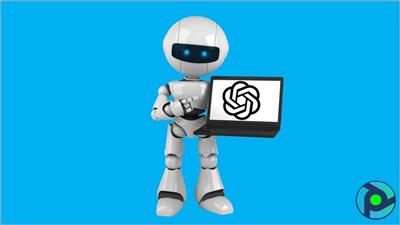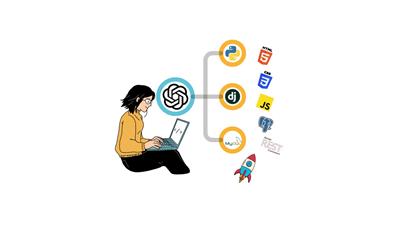
Popular topics
Welcome to our Data Science course
Meticulously designed to transform you into a data science expert. This course caters to all levels, from beginners with no prior experience to advanced learners looking to sharpen their skills. By the end of this course, you will have a solid foundation in data science and be well-equipped to tackle real-world data challenges.
What You Will Learn
Our course is structured to provide a deep understanding of data science concepts and practical skills. Here's an overview of what you'll cover:
1. Introduction to Data Science:
- Understanding Data Science: Learn what data science is, its significance in the modern world, and the various roles and responsibilities of a data scientist.
- Python for Data Science: Get introduced to Python, the most popular programming language for data science. Learn the basics of Python programming, including data types, control structures, functions, and libraries like NumPy and Pandas.
2. Data Analysis and Visualization:
- Data Analysis: Learn how to manipulate, clean, and analyze data using Python. Understand how to handle missing data, perform data wrangling, and use libraries like Pandas and NumPy to perform data analysis.
- Data Visualization: Master the art of data visualization using libraries such as Matplotlib and Seaborn. Learn how to create insightful and compelling visualizations to communicate your findings effectively.
3. Statistics and Probability:
- Fundamentals of Statistics: Understand the core concepts of statistics, including descriptive statistics, inferential statistics, probability distributions, hypothesis testing, and more.
- Statistical Analysis: Learn how to apply statistical methods to analyze data and draw meaningful conclusions.
4. Machine Learning:
- Introduction to Machine Learning: Get an overview of machine learning, its applications, and the different types of machine learning algorithms.
- Supervised Learning: Dive into supervised learning algorithms such as linear regression, logistic regression, decision trees, and support vector machines.
- Unsupervised Learning: Explore unsupervised learning techniques, including clustering algorithms like K-means and hierarchical clustering.
- Deep Learning: Gain an introduction to deep learning and neural networks. Learn about the basics of neural networks and how to build and train them using TensorFlow and Keras.
5. Advanced Topics:
- Natural Language Processing (NLP): Learn how to work with text data and apply NLP techniques to extract insights from textual information.
- Big Data Technologies: Get introduced to big data technologies like Hadoop and Spark. Learn how to handle and process large datasets efficiently.
- Time Series Analysis: Understand the techniques for analyzing time series data and making forecasts.
6. Practical Applications:
- Real-World Projects: Apply your knowledge to real-world data science projects. Work on projects involving data cleaning, analysis, visualization, machine learning, and more.
- Capstone Project: Showcase your skills by completing a capstone project that solves a real-world data problem.
Why Choose Our Course?
1. Expert Instructors: Learn from experienced data science professionals who bring their industry expertise to the classroom. They are dedicated to providing you with the knowledge and support needed to succeed.
2. Hands-On Learning: Our course emphasizes hands-on learning through practical exercises, projects, and case studies. You'll work with real datasets and apply your skills to solve real-world problems.
3. Community and Support: Join a vibrant community of learners and professionals. Participate in discussions, seek help from instructors and peers, and collaborate on projects to enhance your learning experience.
4. Up-to-Date Curriculum: Our curriculum is continuously updated to reflect the latest trends and technologies in data science, ensuring you learn the most relevant and cutting-edge skills.
5. Flexible Learning: Access the course content anytime, anywhere. Learn at your own pace and revisit the materials as needed to reinforce your understanding.
Start Your Data Science Journey Today
Start on your journey to become a data science expert with our comprehensive course. Whether you aim to start a new career, advance in your current role, or simply gain valuable skills, this course is the perfect starting point. Enroll now and unlock the potential of data science. Your future in data science starts here!



